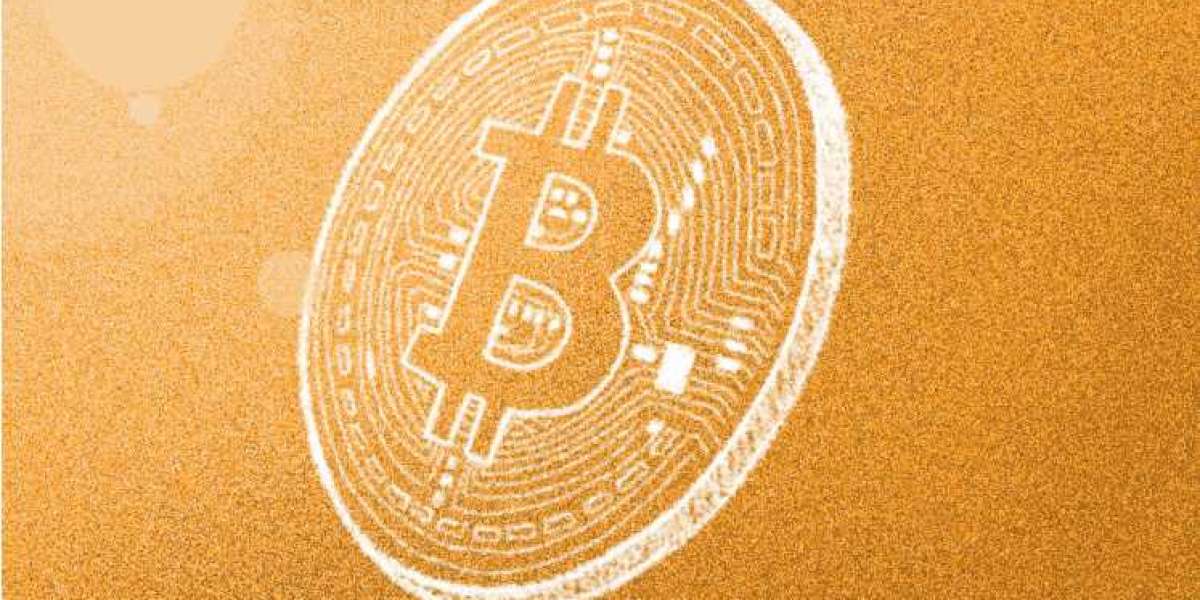The Potential of Bitcoin as a Means to Improve National Security
The Bitcoin Institute has decided to accept the challenge posed by the Treasury Department to advance a persuasive argument over the use of Bitcoin in the promotion of national security. In addition, the document emphasizes that the goal of developing Bitcoin is to serve as a financial tool for freedom, and that this is one of the reasons why it is being developed.
According to the document provided by the institute:
It is a technology that can help advance freedom and minimize the pressure of authoritarian ambitions to secure national security. "Peer-to-peer systems like Bitcoin reflect autonomy, cooperation, and liberal principles the United States is established upon."
In the meantime, one of the authors of the BPI document, David Zell, announced on his Twitter handle that the BPI has responded to the call from the Treasury by producing a document to convince the general public. Zell went on to say that it is now the United States' turn to act. The Treasury Department is expected to participate.
Comparative Analysis of Bitcoin and Tor
By presenting a comprehensive defense for the most prominent digital assets, the Bitcoin Institute presented a compelling argument. The following is stated in the document:
Bitcoin was designed to make it possible for anybody, no matter where they are in the world, as long as they have access to the internet, to send and receive value. In addition, the transaction is carried out in such a way that it cannot be reversed, frozen, or seized by any centralized entity.
In addition to this, the transactions are public and do not require approval. Bitcoin is unique among crypto assets in that it is impartial, extremely decentralized, has no leadership, and is designed in such a way that it can never be banned. This is what sets it apart from other forms of digital currency.
Additionally, in order to drive home its ideas, the Bitcoin Information Project (BPI) contrasted Bitcoin to Tor. This declaration made it clear that:
"Just as Tor enables millions of people to access the freedom of open societies, Bitcoin enables millions of people to escape the grasp of authoritarian governments and access the financial infrastructures of the west."
"In the same way that Tor makes use of digital platforms to disseminate the right of communication across the globe without fear, Bitcoin makes use of the digital ecosystem to export free virtual trade and the right to transact across borders."
The Cryptocurrency Industry and Its Associated Dangers
However, despite its firm belief in using digital financial tools, the BPI appears to take a dig at some questionable altcoin projects. This is in contrast to its firm belief in using digital financial tools. In addition, the body acknowledges the influence of certain criminal elements in the cryptocurrency industry, which have expanded the scale of malicious activities while also increasing their level of sophistication.
According to the Business Integrity Panel (BPI), the rise in revenue from malicious operations can be attributed to the recent uptick in the number of hacking incidents. As a direct consequence of this, the decentralized finance (DeFi) space has been subjected to incalculable losses, with attackers wiping out millions of dollars' worth of assets.
And the Bitcoin Payments Inc. (BPI) has acknowledged that the open-source code is the primary focus of hackers who are looking to exploit it and earn massive bounties.
The Bitcoin Institute pointed out that the digital asset industry is exposed to a significant amount of risk. However, it was added that the goal of industry players and regulators should be to ensure that there are minimal risks to the funds invested by investors.




Alphonsus Odumu 5 w
BPI